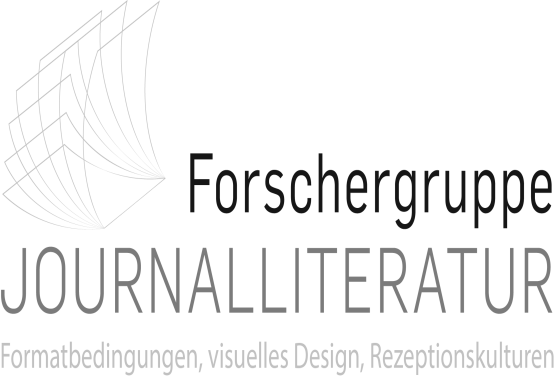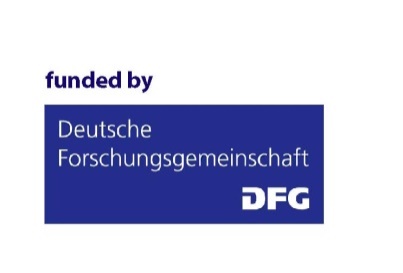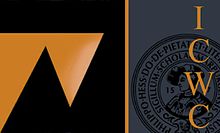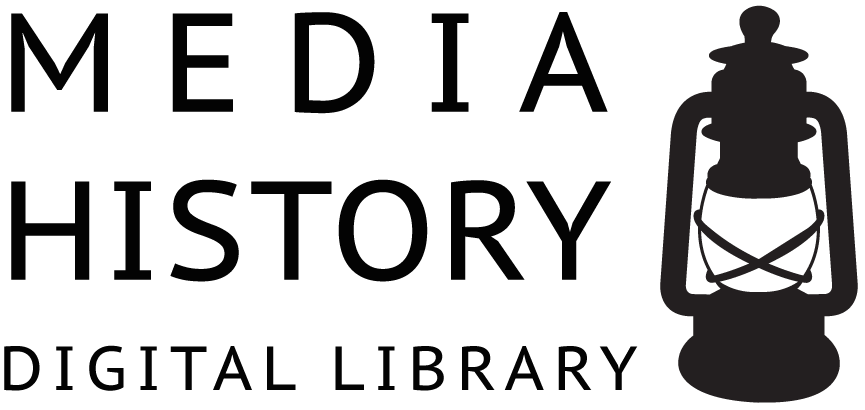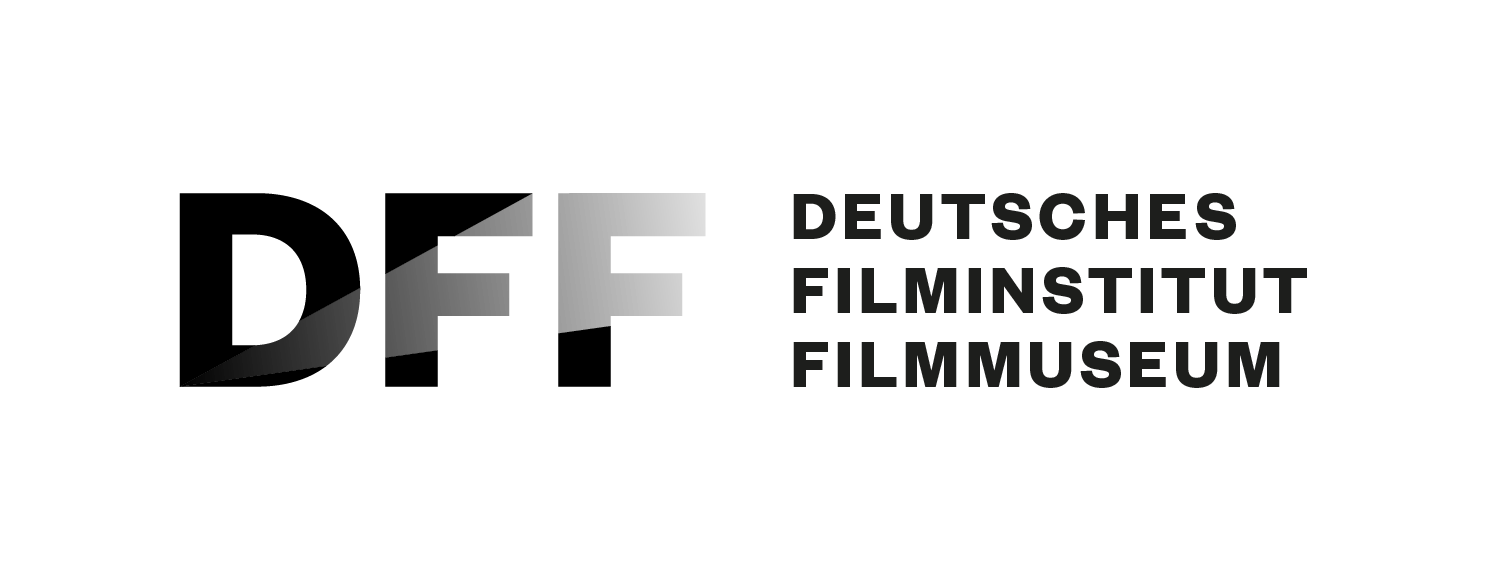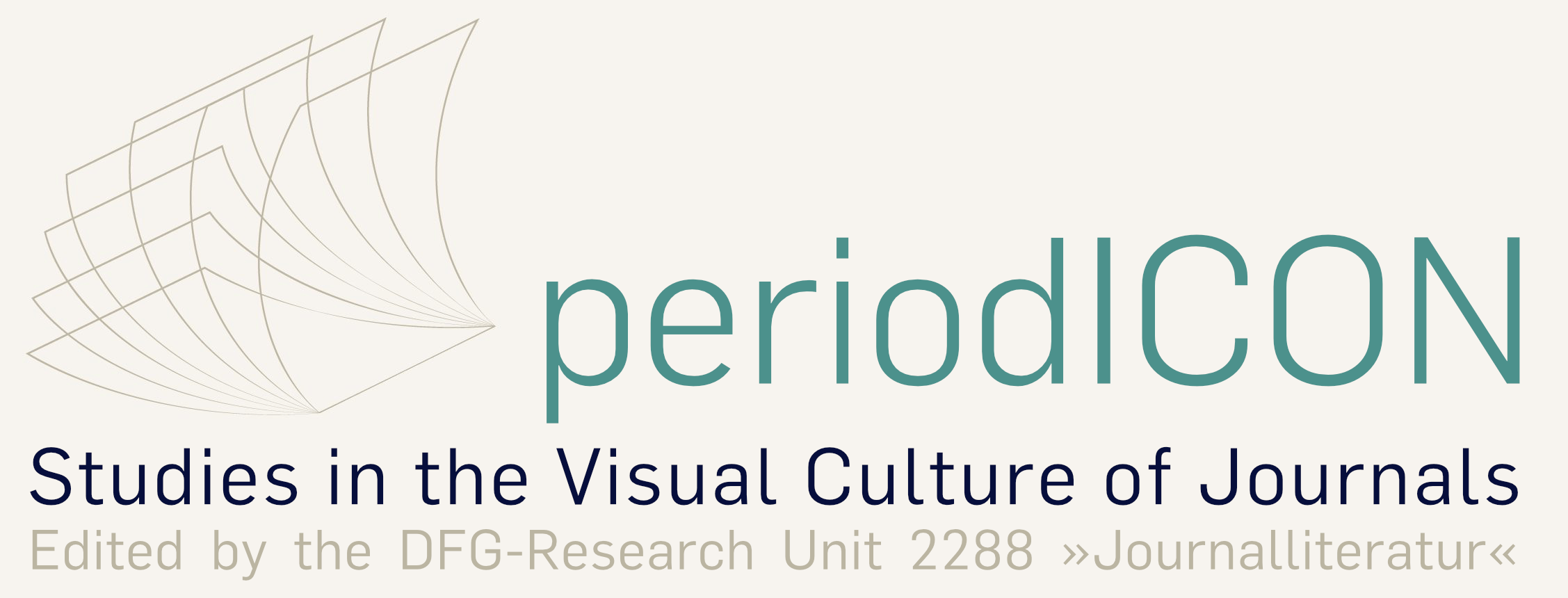03.02.2022 Workshop: DDR-Zeitschriften. Erste Erkundungen (03.-04.02.2022)
DDR-Zeitschriften. Erste Erkundungen, Workshop, Hybrid 03.02.2022-04.02.2022. Organized by Vincent Fröhlich and Madleen Podewski:

Workshop: DDR-Zeitschriften. Erste Erkundungen
Participants:
Gustav Frank (Ludwig-Maximilians-Universität München)
Michael Lörch (Johannes Gutenberg-Universität Mainz)
Mary Ikoniadou (University of Central Lancashire)
Andrés Mario Zervigón (Rutgers, New Jersey)
Annika Neubert (Friedrich-Schiller-Universität Jena)
Andreas Degen und Ulrike Schneider (Universität Potsdam)
Alexander Wagner (Bergische Universität Wuppertal)
Wolfgang Form (Philipps-Universität Marburg)
Patrick Rössler (Universität Erfurt)
Concept:
GDR journals play virtually no role in press research. Apart from the few dissident underground journals, they are still considered, along with daily newspapers, radio and television, to be the party's "sharpest weapon" (Gunter Holzweißig 2002). They offer, according to the common assessment, nothing but the same socialist ideology over and over again - if you know the party programs, you know them. Undoubtedly, magazines in the GDR, still in the spirit of the Marxist-Leninist press theory of the early 20th century, are understood as collective propaganda, agitation and organizational instances that have to make their contribution to the construction of socialism. To this end, they are also subjected to various forms of control. However, if one takes a closer look, other things stand out. First, there is a great differentiation of titles: By 1989, 543 magazine titles were distributed in the GDR, a good 150 of them in the popular press segment. Second, many of the general-interest magazines are extremely popular and achieve circulations in the millions. And third, GDR magazines also do what magazines generally do: they print more or less different forms of text and images together in booklets; format size, scope, periodicity and degree of mixing also vary considerably here.
In view of these observations, there can be as little talk of uniformity as of indoctrinated mass readership. If one therefore does not want to dismiss GDR magazines as simple 'ideology', the question arises as to a more appropriate way of dealing with them. Can they be analyzed with the perspectives and categories that periodical and magazine studies have proposed in recent years? These, however, are largely based on notions of a 'free market' and a 'free public': magazines here satisfy audience needs in order to be bought, and they are carriers of self-dynamically developing cultures. But what is the development of titles in the GDR controlled by, where audience needs are only regulated to a limited extent by the market? What do GDR magazines negotiate when they are under such intense political scrutiny? Which methods do justice to such conditional structures? The workshop will discuss these and similar questions with scholars from various disciplines.
The event is organized by Subproject 8 of the DFG Research Unit 2288 »Journalliteratur: Formatbedingungen, visuelles Design, Rezeptionskulturen« and Madleen Podewksi. Wolfgang Form and Patrick Rössler are invited as discussants. The workshop will take place in a hybrid format.
See the programme here
